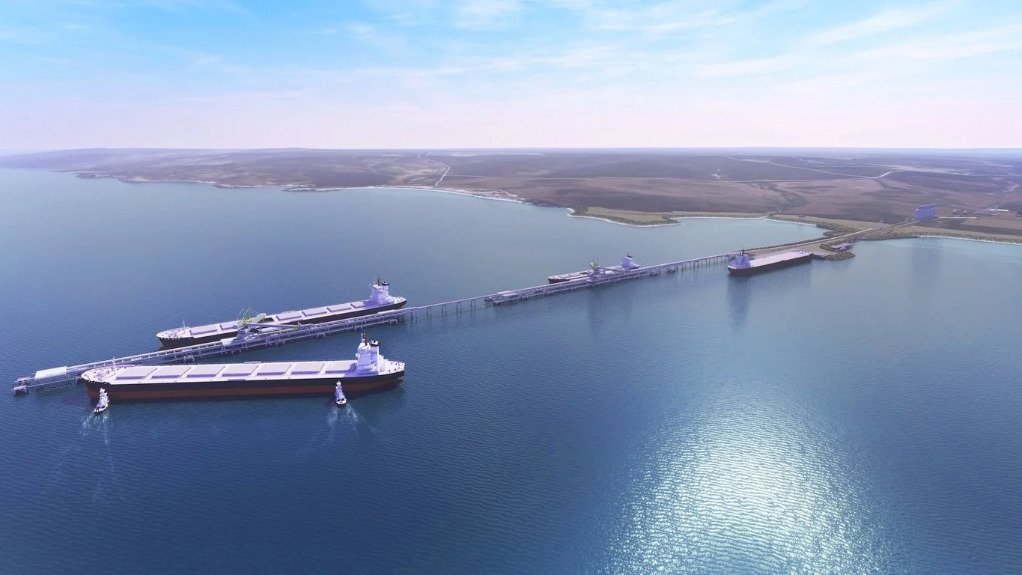Canada-headquartered energy transition company Amp Energy has announced the development of the Cape Hardy Advanced Fuels Precinct, which entails green hydrogen, green ammonia and advanced fuel production in the Eyre Peninsula of South Australia.
The project is coming to fruition as Amp Energy and ASX-listed Iron Road finalise commercial agreements for the purchase of 630 ha of land, a royalty structure and common-user infrastructure arrangements.
The Cape Hardy Advanced Fuels Precinct is poised to operate at significant scale, with plans under way for up 10 GW of planned electrolyser capacity.
Initial development will be structured to bring on line 1 GW, with subsequent increments leading to the attainment of the full 10 GW capacity.
The project will cater to the domestic Australian market, supporting government’s net-zero goals, while also featuring global export capabilities. To facilitate distribution, Cape Hardy will house Australia’s first purpose-built advanced fuels export terminal.
Amp has been in discussions to develop the precinct, in collaboration with Iron Road and the South Australian government, for the past two years.
During that time, the company has made significant development progress. The project’s concept, design, and pre-front end engineering design (pre-FEED) phase have been studied and reviewed by two global engineering firms, Arup and Technip Technologies, as Amp targets completion of pre-FEED studies for the first 1 GW electrolyser phase over the next nine months. FEED scoping and contracting is currently under way ahead of awarding the FEED contract in late 2024 or early 2025.
Desalinated water is to be sourced from the recently announced Northern Water Supply (NWS) seawater desalination plant that will be located at Cape Hardy to meet the project’s demand for electrolyser feed water, cooling water, process plant water, and fire water. Amp is co-funding pre-final investment decision expenditures for the NWS project.
Amp, which is also working closely with the Barngarla Determination Aboriginal Corporation RNTBC, currently estimates that the project will generate about 4 000 direct and 6 000 indirect jobs for the first gigawatt of electrolyser capacity alone.
Meanwhile, Iron Road confirmed that it will not be an equity participant or debt provider in Amp’s project. Instead, its primary focus remains on advancing the Central Eyre Iron Project to the partnership and financing state.
The company is set to benefit financially from the advanced fuels project, having granted Amp the option to purchase the 630 ha for A$15.5-million.
Amp has also agreed to pay Iron Road A$22.5-million in progressive project development payments upon reaching milestones through to first production from the green fuel project.
In addition, the companies have entered into a royalty deed under which Amp has agreed to pay a royalty on hydrogen generated by the project. Royalty payments will be capped at A$2.775-million per GW of installed contracted electrolyser nameplate capacity a year and A$426-million overall.



